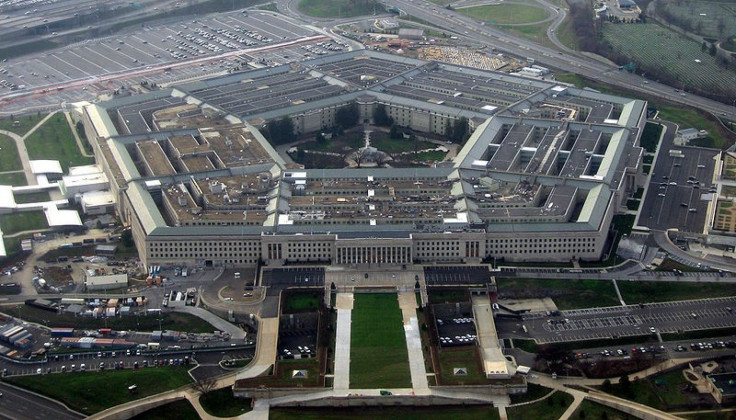White House Says No Veto of Defense Bill Expected

(Reuters) - The U.S. Congress sought to avoid a showdown with the White House Wednesday over detainee policy in the war against al-Qaeda on Monday, with a panel approving new rules for handling terrorism suspects after adding changes wanted by the administration.
Further, the White House said Thursday senior officials will not recommend that President Barack Obama veto the defense bill awaiting passage in Congress, The Associated Press reported.
However, leaders from the House and Senate Armed Services Committees said they were not certain the changes they included in the National Defense Authorization Act would be enough to avert a threatened veto by President Barack Obama, but they said they hoped they had addressed his concerns.
I just can't imagine that the president would veto this bill, Senator Carl Levin, the Democratic chairman of the Senate Armed Services Committee, told reporters after a conference committee approved the measure.
The detainee provisions included in the bill raised concerns because they would broaden the armed forces powers over suspected militants, requiring foreigners allied with al Qaeda to be held in military custody even if they were captured in the United States.
New language added by House and Senate lawmakers make it 100 percent clear that there is no interference with the FBI or other civilian law enforcement, Levin said. I very strongly believe this should satisfy the administration and I hope it will.
Senator John McCain, the top Republican on the Senate panel, said the issue was of transcendent importance to a lot of Americans and he hoped the administration would not be swayed by political considerations in an election year.
The Senate and House earlier approved different versions of the authorization bill, which sets policy and authorizes military expenditures, but does not actually appropriate funds.
The measure authorized $662 billion for national defense programs in 2012 fiscal year that began in October, including the Pentagon's base budget and the war in Afghanistan. That is $26.6 billion less than Obama's budget request, most of it taken from the Pentagon's base budget.
The reconciled bill approved by the conference committee goes back to both chambers for final approval, expected this week, before it is sent to the president for his signature.
The detainee provisions in the legislation would allow the government to keep terrorism suspects in military custody indefinitely without trial. American citizens were exempted from the mandatory military detention requirement.
But some people were still concerned that the measure would limit the administration and the military's flexibility in handling terrorism suspects.
The revised measure includes language that would enable the president to waive provisions of the bill. It would also let the president determine who is a member of al Qaeda.
The bill includes language saying nothing in this section would affect existing criminal enforcement and the national security authorities of the FBI or other domestic law enforcement agencies.
--
© Copyright Thomson Reuters 2024. All rights reserved.





















